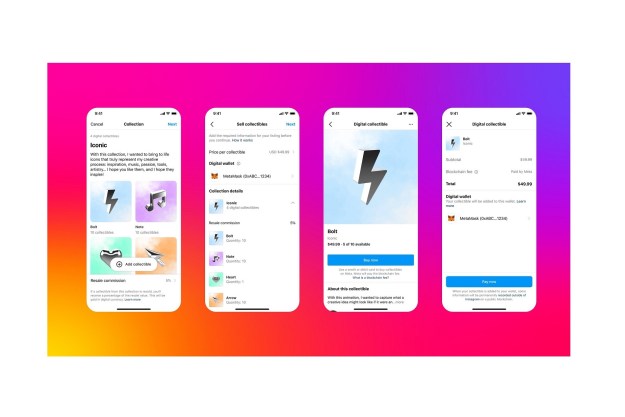
It makes sense that users believe stepping away from social networking may be the key to finding the joy and happiness lost pre-Facebook. And, like Ed Sheeran, users often see the light and step away from the Internet with the hope of reestablishing their more-happier lives off-screen. Why, then, does it seem like no one ever leaves permanently, only to return just days after declaring they’re done with social media?
According to a study of 5,000 surveys provided by 99DaysofFreedom.com, Cornell researchers were able to determine four main reasons users return to Facebook, after quitting. One of the primary reasons is perceived addiction in users who feel as though hanging out on
However, leaving the platform to return days later isn’t a complete loss. The data also indicated that the break gave many users a chance to analyze the effects — negative or positive — that social media might have on their lives, leading many to adapt their use after returning by uninstalling the apps from their phones or reducing the amount of time they spend online.
Editors' Recommendations
- What does a check mark mean on Facebook Messenger?
- TikTok sued by Utah over alleged child addiction harm
- Meta already verified me to influence elections — so why do I have to pay for a checkmark?
- Some blue check Twitter users were unable to edit their names
- Mastodon surpasses 1 million monthly active users as Twitter backlash worsens

